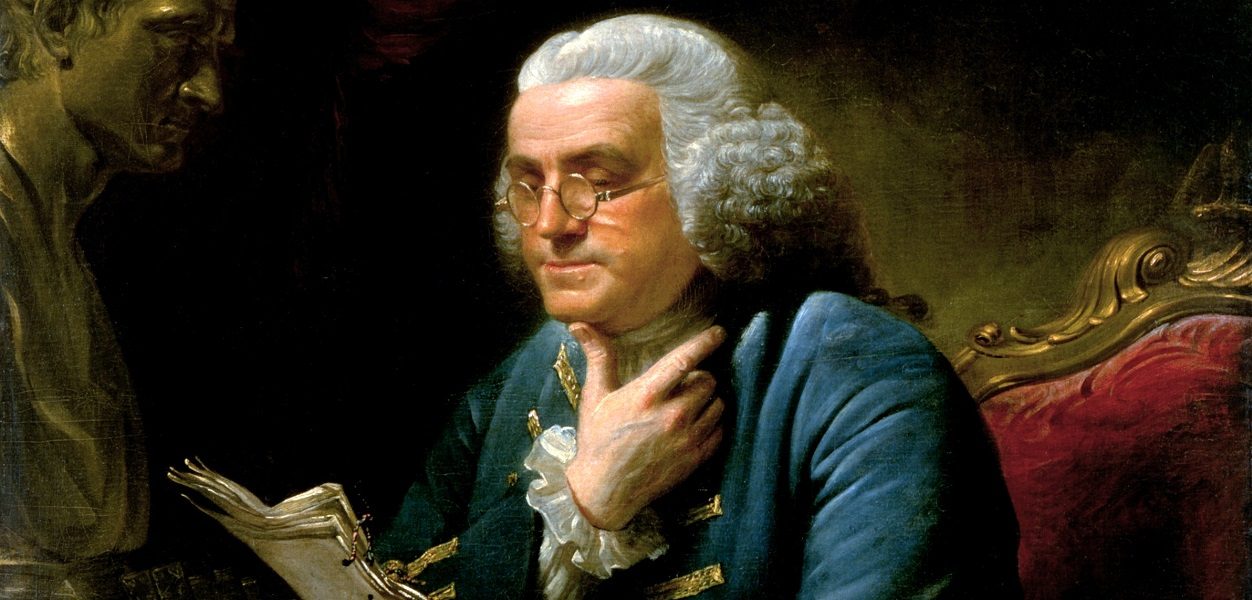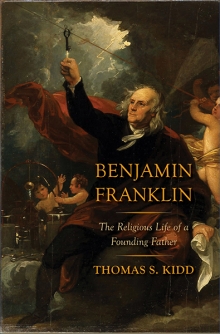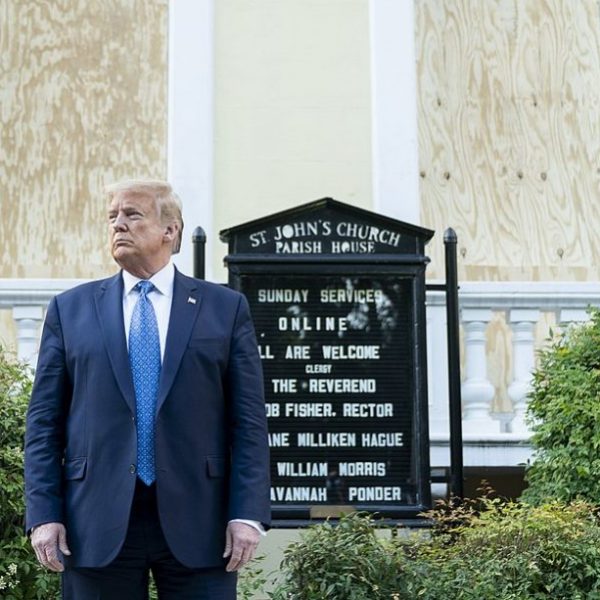Reconciling Deism and Puritanism in Benjamin Franklin
Thomas S. Kidd—
Americans incessantly debate the role of religion in our nation’s origins. Was America founded as a Christian nation? Or was the American Revolution mostly championed by Enlightenment skeptics?
Some of the Founders, such as George Washington, spoke highly of religion, but their personal beliefs were unclear. The faith of Benjamin Franklin, however, would seem to be an easy call. He was a “deist.” We know so because he tells us in his celebrated Autobiography. Franklin grew up as the child of devout Puritans in Boston, and at one point they considered sending Ben to Harvard for training as a pastor. But the teenage Franklin’s voracious reading habits made him skeptical about his parents’ Calvinist convictions. His worried father gave him some anti-deist tracts to read, but they had a contrary effect than what was intended. Franklin thought the arguments for deism were stronger than the Christian polemics that his father preferred. “In short I soon became a thorough deist,” Franklin wrote.
But as we follow Franklin through his adult life, he was constantly doing and saying things that didn’t seem very deistic. His speeches and letters were full of allusions to the Bible, and he angrily forecast that God would bring judgment against the British enemy during the American Revolution. Most famously, the elderly Franklin proposed in 1787 that the Constitutional Convention open its meetings with prayer. The delegates were struggling to solve the problem of representation in Congress, a dilemma that threatened to derail the convention. In the midst of the strife and acrimony, Franklin asked, “how has it happened that we have not hitherto once thought of humbly applying to the Father of lights to illuminate our understandings?” This was an odd request for a deist to make. Didn’t deists believe that God was uninvolved in human affairs? Even more peculiar was the fact that Franklin was one of the only delegates at the convention who supported the prayer proposal. The motion was tabled, to Franklin’s consternation.
How can we reconcile Franklin the deist with Franklin the man of prayer? I would suggest two main explanations. First, “deism” could mean many different things in eighteenth-century Europe and America. At a minimum, it meant a critical view of some points of traditional Christianity. But deists held a wide range of views on some basic religious questions. Some contended that they believed in the Bible, but they opposed “priestcraft” and the power of the church. Others doubted the reliability of Scripture altogether. Some deists espoused the classic “watchmaker” view of God: the deity had wound up the world and went away, never to be involved with humankind again. Other deists, including Franklin, believed that God intervened in history, and that God responded to prayer. To Franklin, being a deist meant doubting tenets such as Jesus’s divinity. But it hardly meant the denial of an active, superintending God.
We can also understand Franklin’s religion better if we appreciate the lifelong tension between his intellectual skepticism, and the enduring influence of people of faith in his life. Reading up on deism as a teenager was not enough to erase the deep imprint of his parents’ Puritan piety. He also maintained long-lasting relationships with evangelical Christians who would routinely ask him about the state of his soul. The two most important of these relationships were with his sister, Jane Mecom of Boston, and George Whitefield, the most important evangelist of the Great Awakening of the eighteenth century. Although he did not see her much in person, Jane was a regular correspondent with Ben and his closest sibling throughout their adult lives. Franklin made a great deal of money publishing Whitefield-related books and sermons, but he deeply admired the minister, too. Franklin once even suggested that he and Whitefield might consider founding a colony together in the Ohio region, one that would be devoted to Christian ethics.
Americans understandably focus on the ideas and published treatises of the Founding Fathers, as they are building blocks of our republic. The Founders’ biographies become more complex and lifelike, however, when we account for the relationships and influences behind the public scenes. Ben Franklin is an especially enigmatic character among the Founders, not least in his religious views. But when you understand his childhood immersion in Puritan faith, and his enduring relationships with people like Jane Mecom and George Whitefield, the seeming inconsistency of his skepticism and his belief in prayer begins to make more sense.
Thomas S. Kidd is distinguished professor of history and associate director of the Institute for Studies of Religion at Baylor University.
Further reading:




























Hi Prof. Kidd, I cited you in this blog piece on Franklin’s religious beliefs! https://edward-t-babinski.blogspot.com/2016/10/was-benjamin-franklin-christian-or-to.html